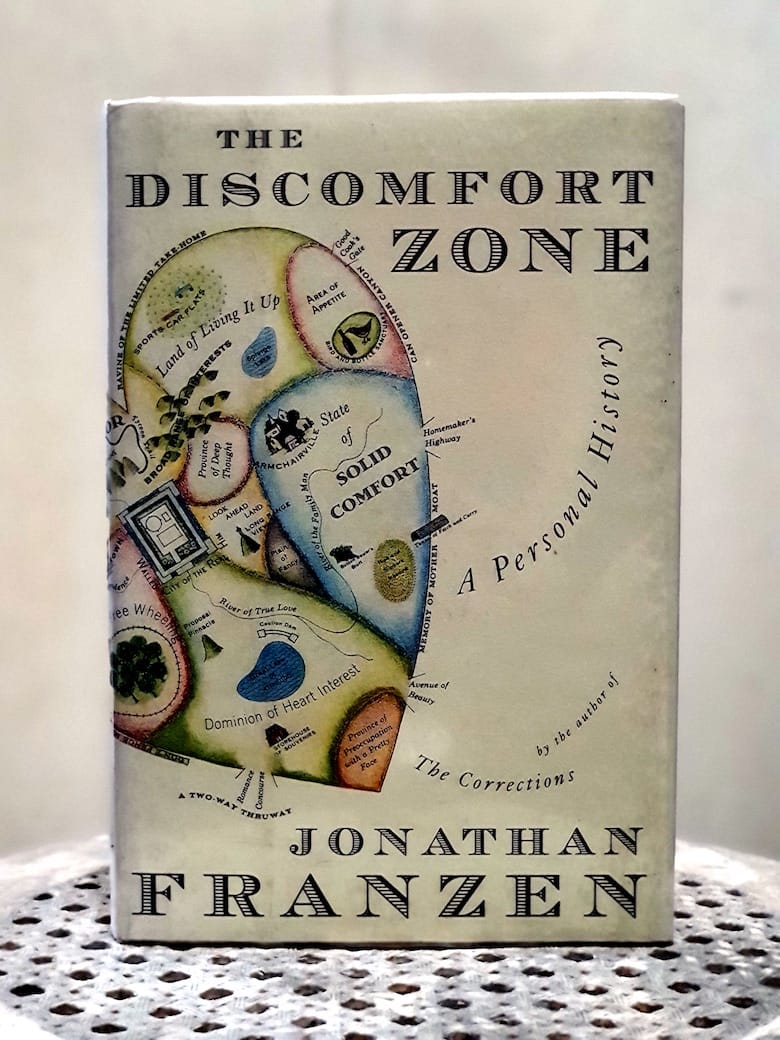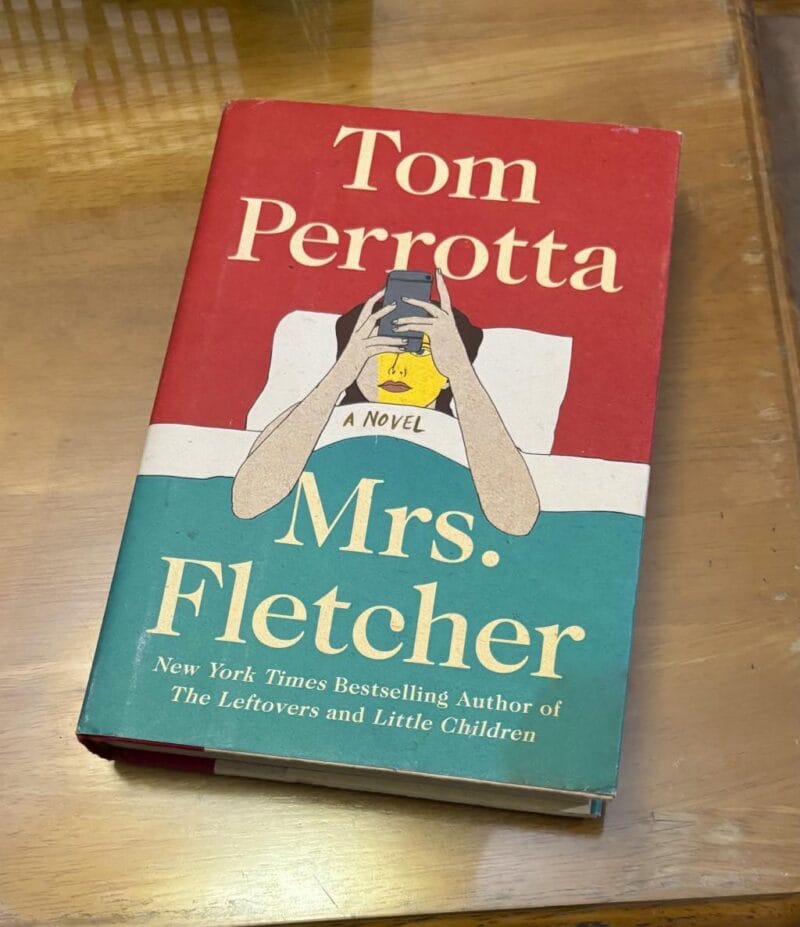The Discomfort Zone (2006) is a memoir written by Jonathan Franzenthat discusses the author’s life and how he has always been uncomfortable and struggled with the limitations and expectations that come with it. In the book, Franzen discusses the uncomfortable zone. He defines this zone as “the threshold of boredom and discomfort that most people avoid confronting.” He states that most people do not want to be in the discomfort zone because it is not comfortable or enjoyable. The essays Franzen writes are about a variety of subjects, but they all pertain to being in this zone.
Franzen talks about his childhood and the difficulties he faced with his parents. He discusses how he was a shy child and dealt with anxiety and panic attacks in school. Franzen also discusses his relationship with his father and how it evolved throughout time.He talks about his parents, his job, and his relationships, and how he has always felt like he has never fit in. The book goes on to talk about Franzen’s career in writing and how he felt misunderstood by a lot of people.
The book is divided in six sections about various subjects, which are often related to Franzen’s personal life. The overarching theme of the book is to get people to live their lives fully and to not be afraid of being uncomfortable. Aside from marriage, he also talks about global warming, bird watching, and his love for the German language by delving deeply on the writings of Rilke, Kafka, and Mann.
Memorable Quotes
She pondered the arrangements of paintings on a wall like a writer pondering commas.
page 24
What I live on—in me—was the discomfort of how completely I’d outgrown the novel I’d once been so happy to live in.
page 25
Further Reading
A Man Who Looks in the Mirror and Smiles by Michiko Kakutani, The New York Times
The Discomfort Zone, by Jonathan Franzen by Christina Patterson, The Independent
Franzen Enters ‘The Discomfort Zone’ by NPR
Jonathan Franzen shows a preference for the unexamined life by Robin Hemley, Chicago Tribune




